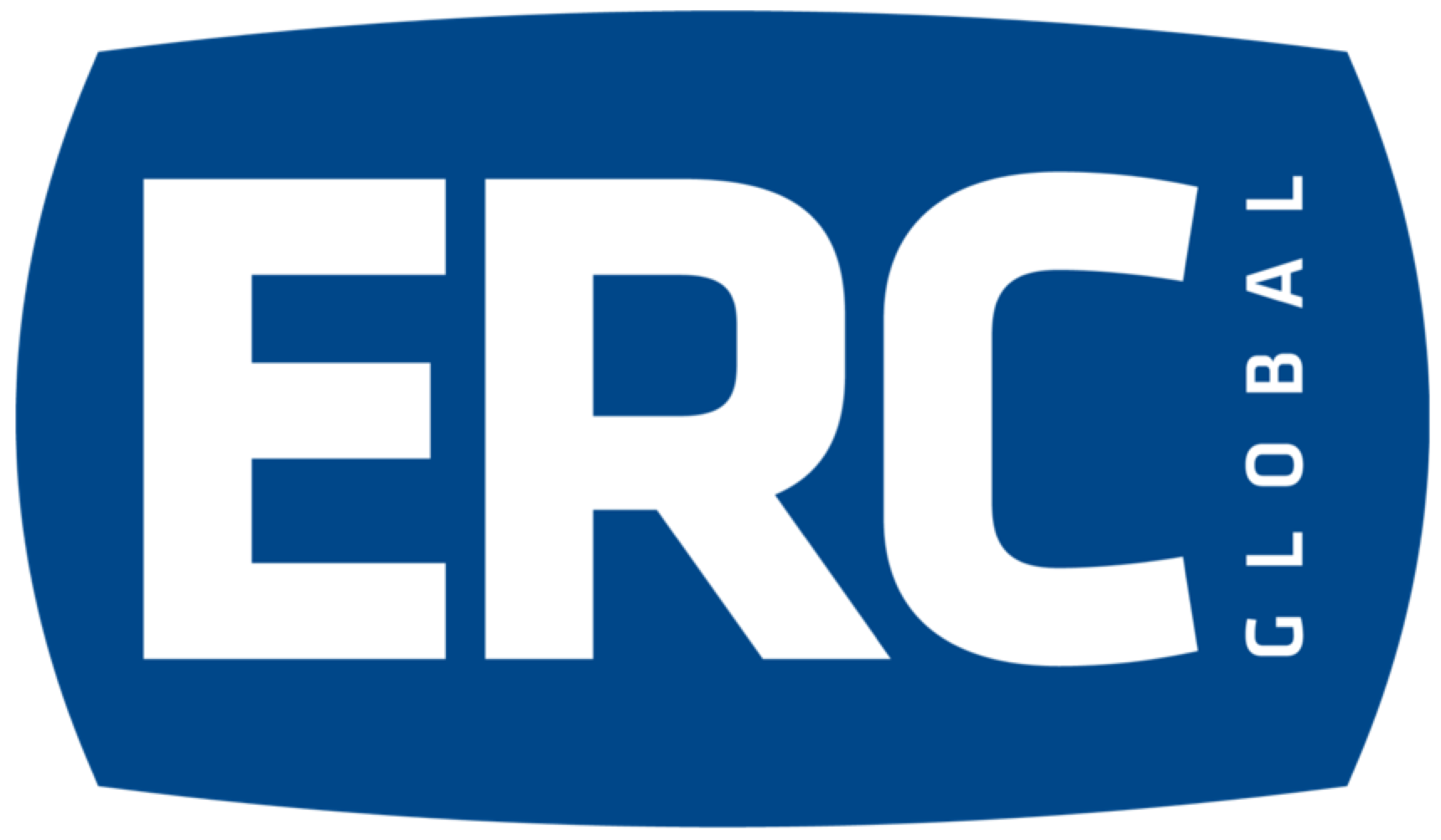There are many myths about debt and how it affects a person’s credit. The Consumer Financial Protection Bureau (CFPB) has detailed information on their website. Check them out
here. We’ve answered some of the most common questions on this subject below.
Is having debt bad for my credit score?
Not all debt is bad. If you keep your credit card balances low and make all your payments on time, you’ll be on your way to having a strong and healthy credit score. The flip side to this scenario is having lots of debt that you can’t afford to pay back and having your accounts fall into collections. When this happens, the negative marks that show up on your credit report can damage your score.
How long will negative marks remain on my credit report?
Negative marks such as missed payments or an account that has fallen into collections can remain on your credit report for around 7 years from the time of original delinquency. More serious delinquencies such as bankruptcy and unpaid tax liens may stay on your report for as long as 10 years.
If I pay off a debt, will it improve my credit score?
Paying off a debt that is in collections may not immediately improve your score. As noted above, collection accounts typically remain on a credit report for seven years from the time of the original delinquency before being removed. The negative effects may lessen over time however. While it may not immediately affect your credit score, it will likely show up with an annotation that the debt was “paid in full” allowing future lenders to have more confidence in your ability to pay back what you owe.
Will settling my debt help my credit score?
Many think closing an account, no matter how it is done, will show up as a positive on their credit report. In reality, settling a debt won’t do much for your credit score and may even cause it to drop a few points. If you think about it, a
settlement is agreeing to pay less than you owe. While this may be the only option for some people to make their way out of debt; it makes you a higher risk to future lenders because according to your credit history, there is a possibility they won’t get paid back in full.
My account has fallen into collections, what can I do to get help?
While you cannot erase the mark on your credit, you can start working to improve your score. There are several financial management and credit counseling services out there that can help you develop a plan to get out of debt and learn how to manage your money effectively. You can also
work with your creditors to create a payment plan that fits into your budget. Paying off the money you owe and taking measures to make sure you do not fall into this situation again is the best thing you can do to improve your credit score.
For credit advice and answers, check out these resources from the three major credit bureaus:







